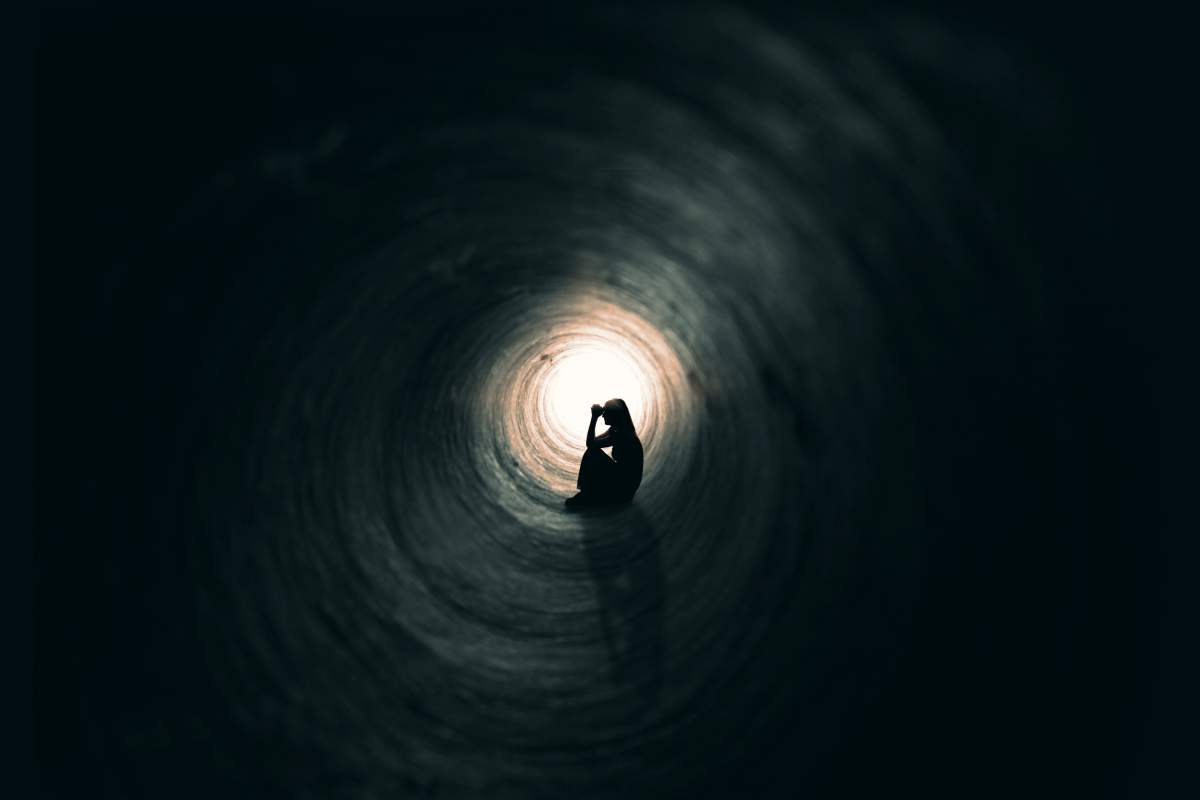Graduating from school, getting married, watching your grandkids take their first steps. Turns out, your life truly flashes before your eyes before you die – at least that’s according to new research on near-death experiences.

In a moving study, Israeli scientists shed light on what happens moments before you die by interviewing people who nearly did. From intimate conversations, they learned that flashbacks don’t happen in chronological order like what’s conventionally thought.
The doctors behind the study out of Hadassah University in Jerusalem suggest that these memories replay in your final breaths because the part of the brain that stores memories may be the last to go.
READ MORE: Why forgiving others will improve your physical, emotional health
The researchers call it LRE – life review experience – which is the vivid account of your life-long autobiographical memories.
“Re-experiencing one’s own life events, so-called LRE, is a phenomenon with well-defined characteristics, and its subcomponents may also be evidenced in healthy people. This suggests that a representation of life events as a continuum exists in the cognitive system, and may be further expressed in extreme conditions of psychological and physiological stress,” the authors wrote.

Get weekly health news
After listening to the interviews, the scientists pulled together a questionnaire to send to 264 other people who also went through near-death experiences.
The group admitted, in what felt like final moments, time was no longer a tangible measurement. They couldn’t quantify how long these flashbacks were – short or long.
READ MORE: Hoping to stay friends with an ex? Here’s why you need to read this study first
“There is not one linear progression, there is lack of time limits … it was like being there for centuries. I was not in time/space so this question also feels impossible to answer,” one respondent said, according to the U.K.’s Telegraph newspaper.
“A moment, and a thousand years … both and neither. It all happened at once or some experiences within my near-death experience were going on at the same time as others, though my human mind separates them into different events,” another person said.
The flashes tended to focus on incredibly emotional parts of their lives. What’s more, the interviewees said that the memories came from other perspectives, too.
“I could individually go into each person and I could feel the pain that they had in their life … I was allowed to see that part of them and feel for myself what they felt,” one volunteer said.
This isn’t the first time scientists zeroed in on near-death experiences and having your life flash before your eyes.
READ MORE: What happens to your brain when you fall in love
In the U.K., doctors looked at out of body experiences (OBEs) and near-death experiences, too. They say these encounters are typically seen as hallucinations or illusions because research is so finite on the taboo subjects.
In their case, they learned that even more people could be experiencing these flashbacks from cardiac arrest, when your heart stops altogether, or from other severe health conditions.
“A higher proportion of people may have vivid death experiences but do not recall them due to the effects of brain injury or sedative drugs on memory circuits,” the study said.
Read the latest findings published in the journal Consciousness and Cognition.
carmen.chai@globalnews.ca
Follow @Carmen_Chai








Comments